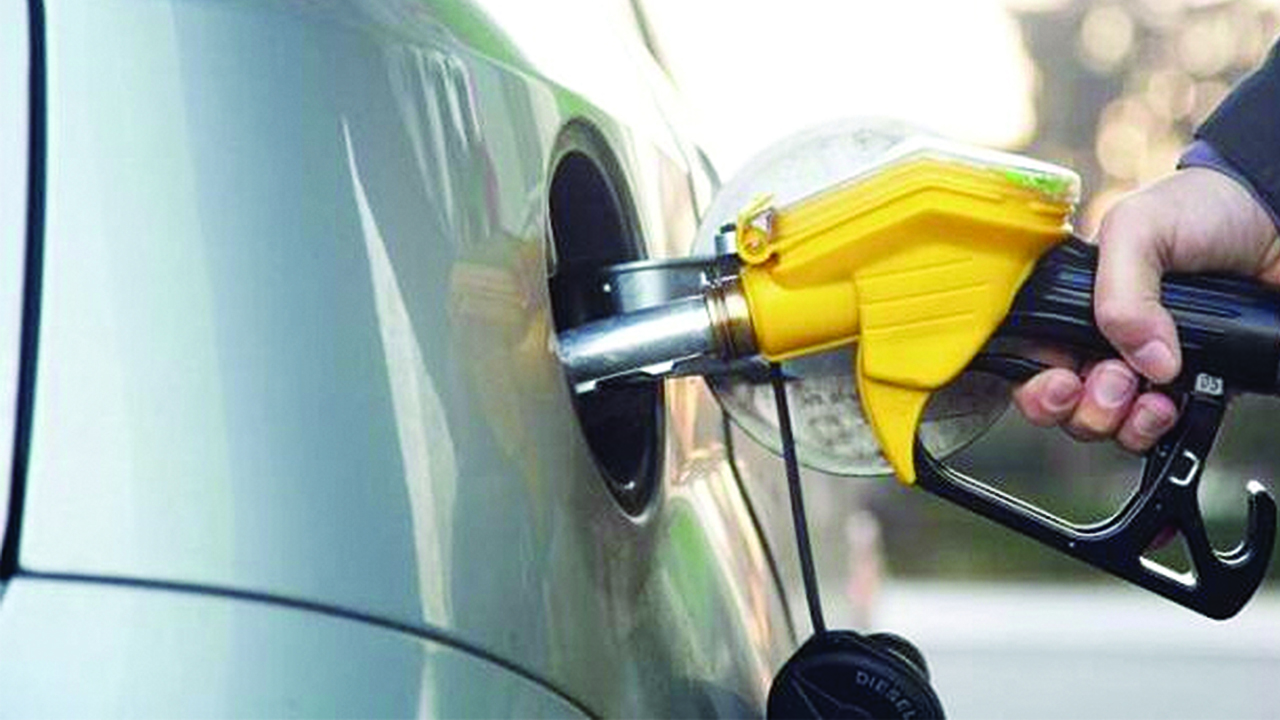
• Eight out of 94 licensed marketers deliver 251,000 MT in four months
Nigerian Midstream and Downstream Petroleum Regulatory Authority (NMDPRA) has revealed that domestic consumption of Premium Motor Spirit (PMS) dropped to 33.58 per cent from 66.7 million litres per day recorded before deregulation.
Authority Chief Executive, Farouk Ahmed, revealed this in his keynote address yesterday, at the 17th Oil Trading and Logistics (OTL) Africa Week 2023, saying after announcement of deregulation, an average volume of 44.3 million litres per day was evacuated for distribution nationwide.
He stressed that supply of PMS and other products have all maintained average land sufficiency levels above required thresholds. According to him, the most impactful policy shift is the removal of subsidy on PMS, which is necessary to deepen full deregulation of the downstream sector as provided in the Petroleum Industry Act (PIA) 2021.
Noting that deregulation is a key driver and enabler of growth in the sector, he revealed that 94 wholesale suppliers were issued permits to import PMS into the country, and that eight suppliers delivered eight cargoes totaling 251,000 MT between June and September 2023.
Farouk said low performance by licensed oil marketers was due to the challenge of forex illiquidity which constrained the ability of companies to import products.
“Within the space of the deregulated industry, it becomes imperative to pay more attention to energy security. This comprises sufficient volumes, strategic storages, efficient distribution systems and affordable prices,” he said.
Farouk was optimistic that efforts by government to improve stability of the harmonised forex market will support importation of PMS by more oil marketers and Nigerian National Petroleum Corporation Limited.
As part of efforts to enable growth of the industry, he said existing NNPC refineries, with combined capacity of 445,000 barrels per day are currently being rehabilitated.
Also, Permanent Secretary, Ministry of Petroleum Resources, Gabriel Aduda, noted that Nigeria faces a challenge of balancing its hydrocarbon-based economy with need to transition towards cleaner and more sustainable energy sources.
He said to successfully shift from a hydrocarbon-based economy to a more sustainable and diversified energy landscape, Nigeria must address problems faced by the sector while leveraging its potential.
“We must be careful not to put the cart before the horse. We need buses, we need converters, but where is the gas? This important question can best be answered by members of the OTL, who must work with government to expand trunk and distribution gas pipelines across the country,” he said.






